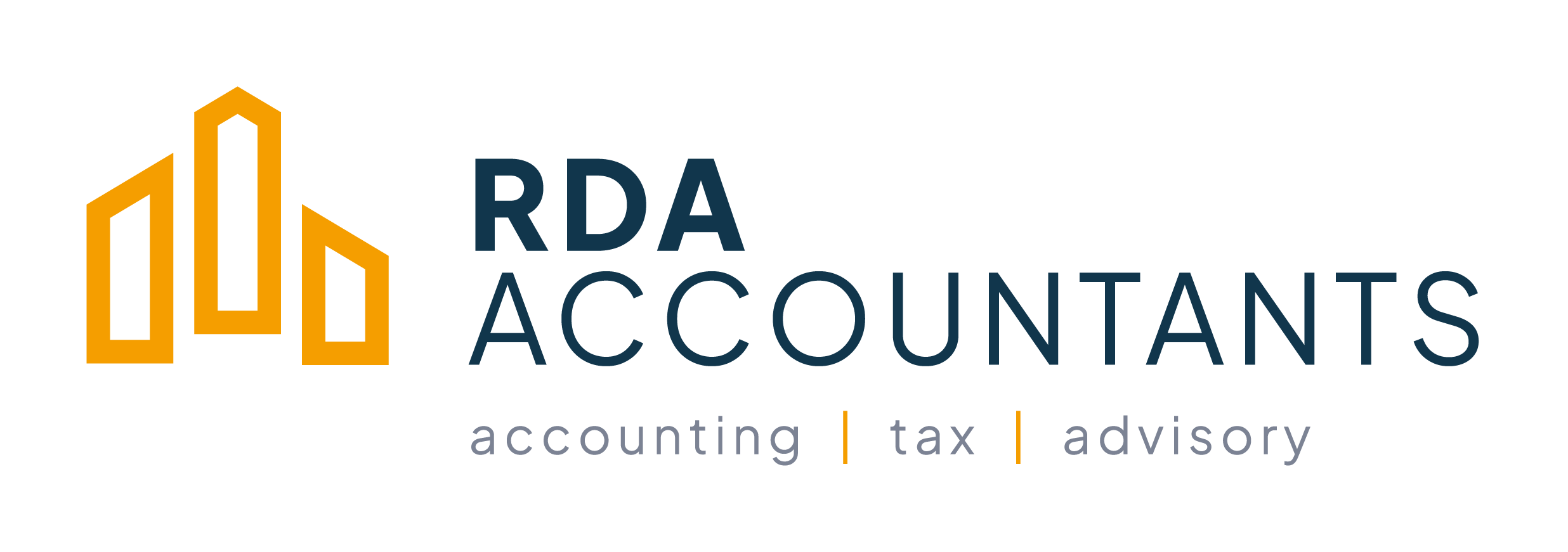With the rise of remote work, the Irish government's new ERR framework specifically addresses the...
Decoding the Enhanced Reporting Requirements (ERR)
With the clock ticking towards January 1, 2024, Irish businesses are bracing for the introduction of the Enhanced Reporting Requirements (ERR). But what exactly does this mean for employers? ERR is a new set of regulations requiring more detailed and prompt reporting of payroll information to tax authorities. This move aims to increase transparency and streamline tax compliance but also adds a new layer of complexity to payroll management.
Under ERR, it's not just about reporting salaries and wages. Employers will now be tasked with providing comprehensive data on various benefits and allowances. This includes the specifics of remote working daily allowances, all travel and subsistence expenses, and the intricacies of the small benefit exemption. The goal? To give a clearer picture of an employee's remuneration package beyond the basic paycheck.
For businesses, this means that their payroll systems must evolve. They need to capture more data points and report in a timely fashion, often in real-time. This could lead to significant changes in internal processes and potentially in the payroll software itself. Employers must be vigilant to align their systems with these new requirements to avoid the pitfalls of non-compliance.
As daunting as this may seem, the upcoming ERR also presents an opportunity. By reviewing and updating payroll processes, businesses can enhance their efficiency and adaptability, not just for 2024 but for the future of financial compliance.
If you would like to find out more on how RDA can help with your Payroll, call us on 053 9170507 or email Valerie vwaters@rda.ie / Yvonne ybullencranny@rda.ie.
Our dedicated payroll team are always happy to help.


.png?height=200&name=Untitled%20design%20(76).png)
.png?height=200&name=Charting%20the%20Course%20Leadership%2c%20Culture%2c%20and%20Core%20Dynamics%20in%20Modern%20Accountancy%20(4).png)
.png?height=200&name=Untitled%20design%20(74).png)